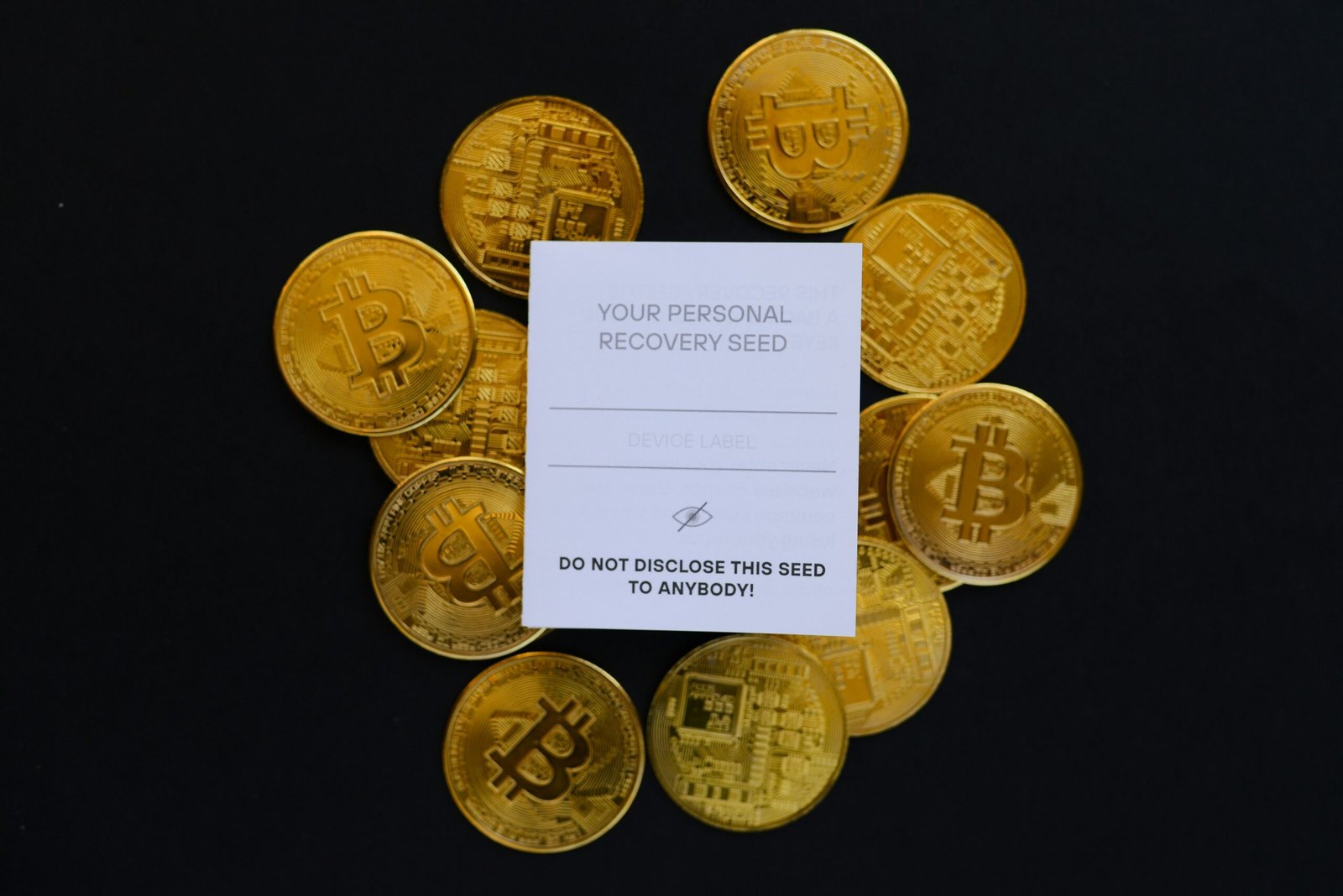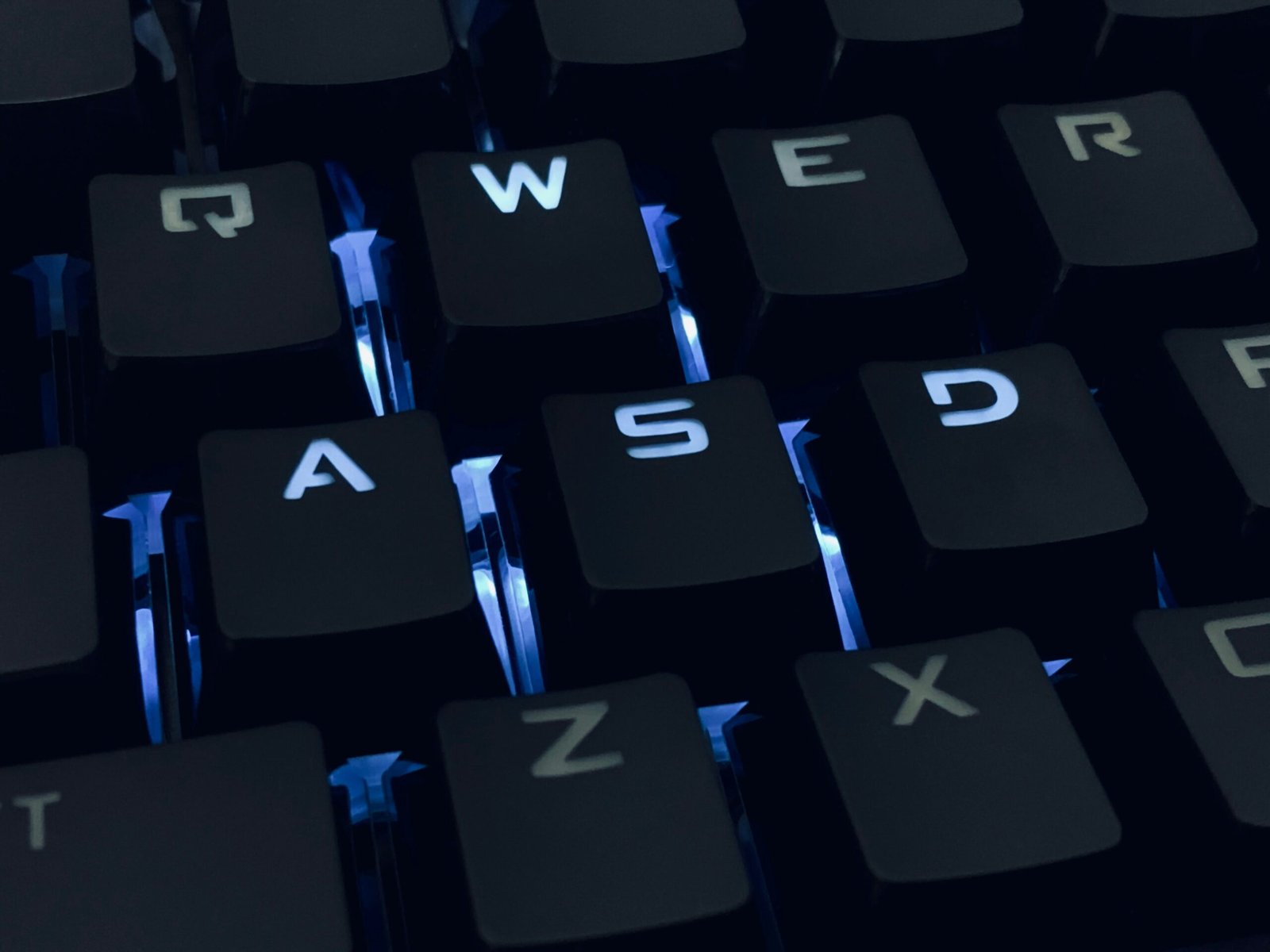
The United States government has taken a significant step in the fight against cybercrime by imposing sanctions on members of the notorious ransomware group, LockBit. This move comes after a successful takedown operation that disrupted the group’s criminal activities and sent a strong message to other cybercriminals.
LockBit is one of the most dangerous ransomware groups operating globally, known for targeting organizations and extorting millions of dollars in ransom payments. Their sophisticated tactics and encryption techniques have made them a significant threat to businesses and individuals alike.
The US Department of the Treasury announced the sanctions on several LockBit members, freezing their assets and prohibiting any US citizens or entities from engaging in transactions with them. This action aims to disrupt the group’s financial operations and limit their ability to carry out further attacks.
By imposing these sanctions, the US government is demonstrating its commitment to combating cybercrime and protecting its citizens from the devastating effects of ransomware attacks. It also serves as a warning to other cybercriminals that their actions will not go unpunished.
The takedown of LockBit was a collaborative effort between US law enforcement agencies, international partners, and private sector organizations. This coordinated approach highlights the importance of cooperation in combating cyber threats and the need for a united front against cybercriminal networks.
Ransomware attacks have become increasingly prevalent in recent years, with cybercriminals targeting businesses, hospitals, schools, and even government agencies. These attacks can cause significant financial losses, disrupt critical services, and compromise sensitive data.
LockBit, like many other ransomware groups, operates using a business model known as “ransomware-as-a-service” (RaaS). This model allows cybercriminals to distribute their malware to affiliates who carry out the actual attacks in exchange for a percentage of the ransom payments.
By targeting the infrastructure and financial networks supporting LockBit, the US government is not only disrupting the group’s operations but also sending a clear message to other RaaS operators that they will face severe consequences for their actions.
While the sanctions are a significant step in the right direction, the fight against ransomware is far from over. Cybercriminals are constantly evolving their tactics, and new ransomware variants continue to emerge. It is crucial for governments, law enforcement agencies, and the private sector to remain vigilant and work together to stay one step ahead of these threats.
Organizations and individuals can also take proactive measures to protect themselves from ransomware attacks. This includes regularly backing up important data, implementing robust cybersecurity measures, and educating employees about the risks and best practices for online security.
The US government’s actions against LockBit members serve as a reminder that cybercriminals are not beyond the reach of the law. By targeting and disrupting these criminal networks, we can make significant progress in reducing the threat of ransomware and ensuring a safer digital environment for all.

















